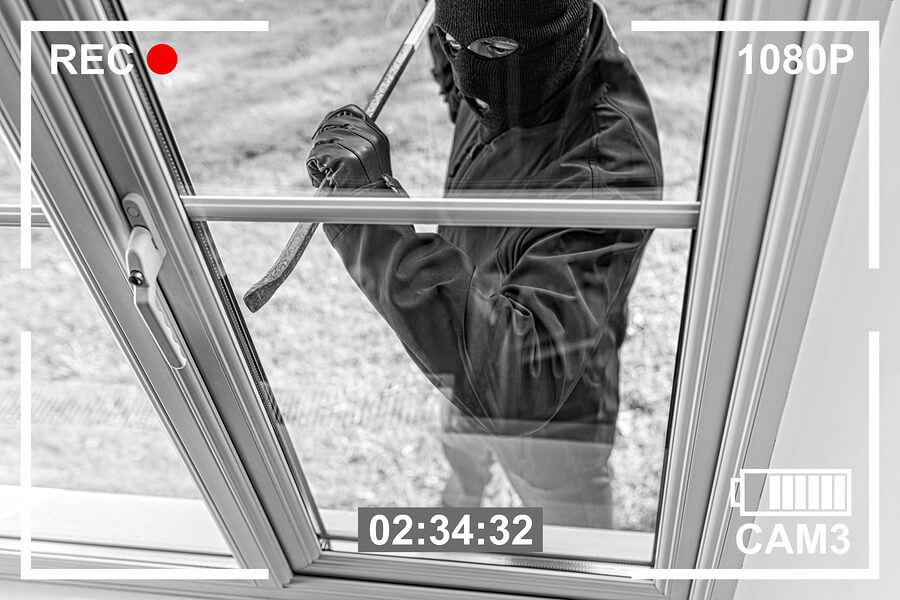Have you ever walked past a house with an open door and wondered if it was okay to step inside? While it might seem tempting, the legality of entering a property through an open door can be surprisingly complex. This article will delve into the nuances of open door trespassing laws, exploring the factors that determine whether your actions are legal or not. We’ll examine the role of intent, context, and property owner signage in shaping the definition of trespassing.
This comprehensive guide aims to provide you with a clear understanding of when it is and isn’t permissible to enter a property through an open door. By the end, you’ll be equipped with the knowledge to navigate these situations responsibly and avoid potential legal complications.
Open Door Trespassing Laws
Trespassing laws are designed to protect private property rights. Generally, trespassing occurs when someone enters another person’s land without permission. While it seems straightforward, the application of these laws can become murky when an open door is involved. The presence of an open door doesn’t automatically grant you access to a property.
The legal definition of trespassing often considers both physical entry and intent. Simply walking past an open door might not constitute trespassing if your intention was merely to pass through, but entering the property with the purpose of remaining there or engaging in activities without permission could be considered illegal.
Laws regarding open door trespassing can vary from state to state, so it’s always best to consult local ordinances for specific regulations.
Intent and Context

Intent plays a crucial role in determining whether is it trespassing if the door is open. If you enter a property through an open door with the intention of borrowing something, exploring the premises, or engaging in any activity without permission, your actions are likely considered trespassing.
Context also matters. For example, if you see someone struggling to carry groceries and offer assistance by entering their unlocked home through an open door, your intent is clearly benevolent. However, if you enter a stranger’s home through an open door with the intention of stealing or vandalizing property, your actions would be considered criminal trespassing.
Property Owner’s Signage
Property owners have the right to post signs indicating their wishes regarding access to their land. These signs can provide clear instructions about whether entry is permitted and under what circumstances.
If a property has signs stating “No Trespassing” or similar warnings, entering through an open door would still be considered trespassing, regardless of your intentions. Property owners are responsible for maintaining the security and privacy of their property, and signage serves as a legal notice to potential trespassers.
“No Trespassing” Signs

“No Trespassing” signs are unambiguous indicators that entry onto a property is prohibited. These signs serve as a clear warning to individuals who might be tempted to enter without permission.
Ignoring these signs and entering a property through an open door could result in legal consequences, including fines or even arrest. It’s essential to respect the property owner’s wishes and avoid entering any property where “No Trespassing” signs are clearly displayed.
Respecting Property Boundaries
Ultimately, respecting property boundaries is crucial for maintaining order and safety within communities. Even if a door appears open, it’s important to remember that you should always obtain permission before entering someone else’s property.
Err on the side of caution and avoid situations where your actions could be misconstrued as trespassing. If you’re unsure about whether entry is permitted, it’s best to politely inquire with the property owner or seek clarification from local authorities.
Conclusion
Determining whether is it trespassing if the door is open involves a careful consideration of intent, context, and property owner signage. While an open door might seem inviting, it doesn’t automatically grant you access to a property.
Respecting property boundaries and adhering to trespassing laws are essential for maintaining order and safety within communities. Always err on the side of caution and obtain permission before entering any property, even if a door appears open.



